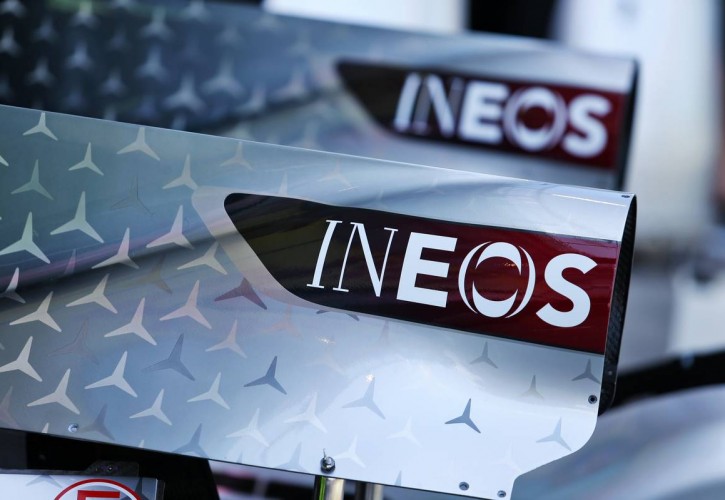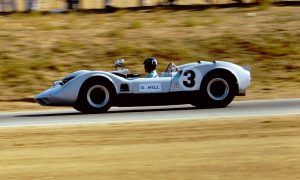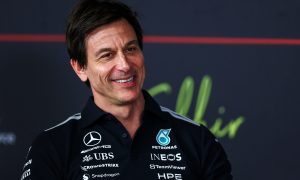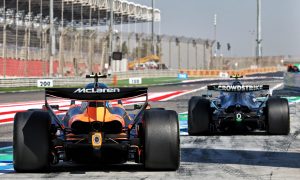
British multinational chemicals company INEOS believes that Formula 1 is an ideal platform to help drive forward the development of hydrogen fuel technologies, and plans to spearhead the initiative with Mercedes.
INEOS took a major stake in the F1 team this year alongside Daimler and Toto Wolff, and has big plans for the future.
“Mercedes already has incredible technologies that can be used on heavy trucks,” INEOS co-founder Sir Jim Ratcliffe told Motorsport.com earlier this month.
“It says a lot about the prospects of hydrogen as a substitute for gasoline," he added. "A partnership between Mercedes and INEOS could have a major impact.
“We are the largest, if not the largest, hydrogen producer in Europe," he explained. "In addition we are leaders in the technology that makes the electrolysis process where hydrogen is extracted from water as efficient as possible."
Formula 1 has already committed itself to using a 100 per cent sustainable fuel developed by the FIA as part of its plan to become carbon neutral from 2021 and net zero by 2030.
The biofuel is exclusively refined using bio-waste not intended for human or animal consumption. It will be introduced in F1 when the sport brings in its next major revision to engine regulations.
In the meantime, an interim approach will see the proportion of biofuel used in F1's current fuel specification rise from 5.75 per cent to 10 per cent in 2022, although Red Bull boss Christian Horner has suggested that should be delayed.
"Just bring in a completely sustainable core fuel with a new engine [rather than] going another five per cent on the current fuel," he said recently. "There will be consequences to introducing that fuel and that consequence obviously is inevitably costly."
Daimler boss Ola Kallenius said that developing such sustainable biofuels is still important, even if the future of road transport proves to be electric batteries and hydrogen fuel cells.
“Even if the electrification of the car fleet progresses at a rapid pace, millions of cars with conventional combustion engines will be driving around the planet for a long time to come,” he pointed out.
“Their negative environmental impact will also need to be tackled," he argued. "And F1 can play an important role by experimenting with biofuels and other promising options.”
Gallery: The beautiful wives and girlfriends of F1 drivers
Keep up to date with all the F1 news via Facebook and Twitter
Christian Horner, INEOS, Ola Kallenius






